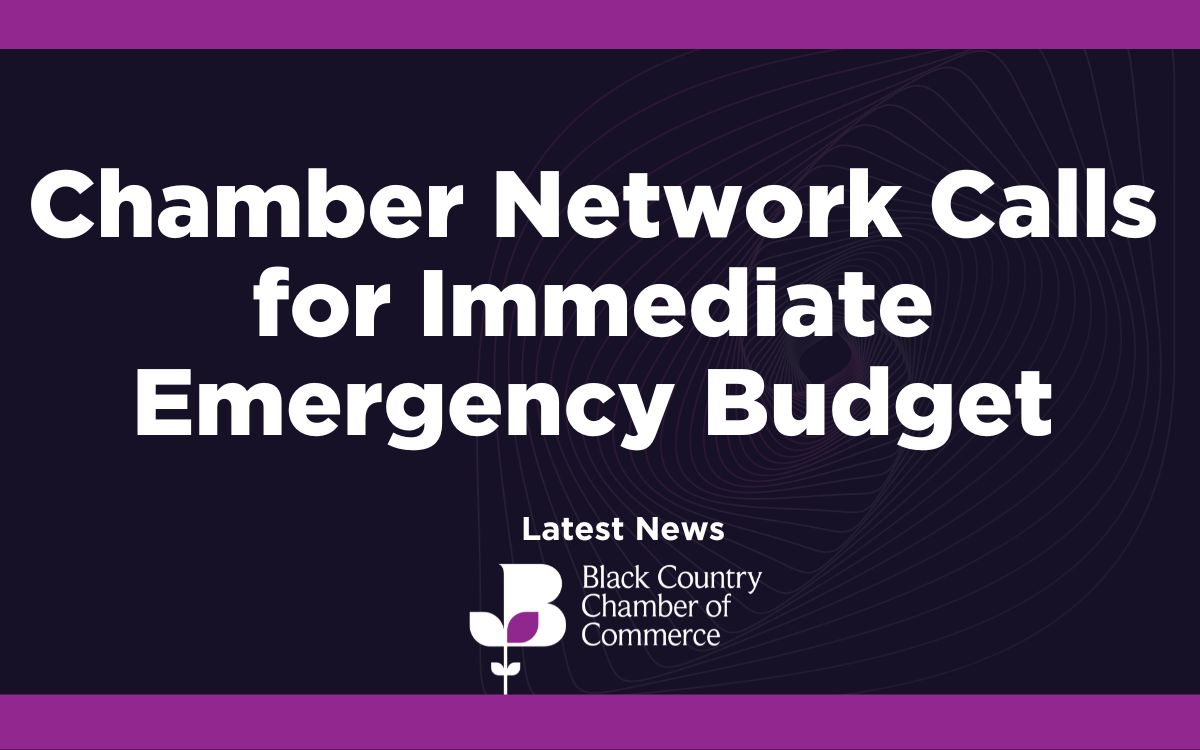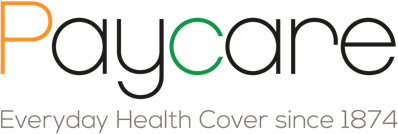
Chamber Network Calls for Immediate Emergency Budget
09 May 2022
Published in: Black Country Chamber of Commerce News
The Chamber of Commerce network is calling for an immediate emergency budget to deal with the costs crises facing businesses and people throughout the country.
It has developed a three-point action plan that would allow firms to keep a lid on rising prices, boost productivity and ease cost pressures.
The proposals include:
1. Ease upfront costs of doing business by reversing the recently introduced National Insurance increase until at least 2023/24.
2. Help firms manage the impact of rising energy prices by cutting VAT on their energy bills from 20% to 5% for a minimum of one year.
3. Address labour shortages by reinstating free Covid tests for companies to ease the strain on productivity caused by persistent high absences
Together the three steps would take the pressure off businesses that are battling to keep the economy afloat and offer a route to higher productivity and tax receipts in the future.
Corin Crane, Chief Executive, Black Country Chamber of Commerce said:
“Employers across the region are facing unprecedented challenges to do doing business, including increased energy costs and supply chain problems; to pressures recruiting staff and holding onto talent in a competitive jobs market.
“These straightforward suggestions for an Emergency Budget, from British Chambers of Commerce can be quickly implemented to pull the policy levers of government and ease the burden of the challenging economic landscape businesses are trying to navigate.
“The Treasury and HMRC have proven their ability during the pandemic to implement changes quickly and efficiently. Making these changes would have an immediate benefit for both businesses and the public and we join with colleagues from across the network in calling for this.”
Shevaun Haviland, Director General of the British Chambers of Commerce (BCC), said:
“These are simple, straightforward measures that can be quickly reversed when the economy is in better shape.
“The costs crises facing firms and people in the street are two sides of the same coin. If we can ease the pressure on businesses then they can keep a lid on the price rises being driven by surging energy bills, staff shortages and higher taxes.
“Firms will then have the breathing space they need to raise productivity and strengthen the economy. But a change of course is needed now, if the government does not act immediately then rising costs will put our economic recovery in a stranglehold that will have repercussions for years to come.
“The government has a variety of financial levers it can pull, and this is the time to use them. Acting today will then give businesses a chance to create the future profits needed to fill tax coffers.”
The measures in more detail:
1. Postponing the rise in National Insurance Contributions would not only ease the immediate pressure on companies’ balance sheets but it would also put money back into the pockets of people – boosting consumer confidence. When supply chain disruption has unwound and global factors influencing inflation have receded the economy will then be in a much stronger position to bear the increase.
2. Cutting VAT on business energy bills to 5%, for all businesses, would provide another quick release valve on soaring costs for firms. For example a small business which has an energy bill of £10,000 and currently pays the standard 20% rate would pay £2,000 VAT. Our proposal would see that cut to £500. This measure could be adjusted over time to take account of those sectors most in need.
3. Many businesses in the UK are still seeing above-average absence rates as Covid continues to impact the workforce. Around two thirds of more than 1,100 firms surveyed in April by the BCC reported staff absences due to Covid symptoms or self-isolation. Bringing back free testing would allow firms to limit the disease’s spread among employees. With wider structural staff shortages continuing to limit productivity this would be a key measure to keep the economic recovery on track. New sub-variants of Omicron are reportedly leading to rising infection rates in the US and South Africa.
Comments
Post A Comment
You must be logged in to post a comment. Please click here to login.








